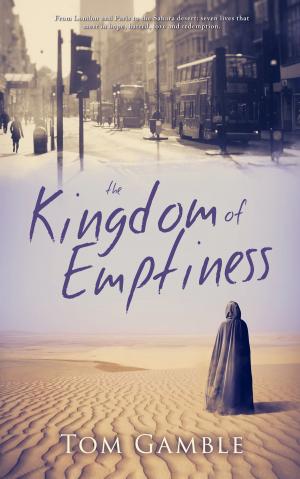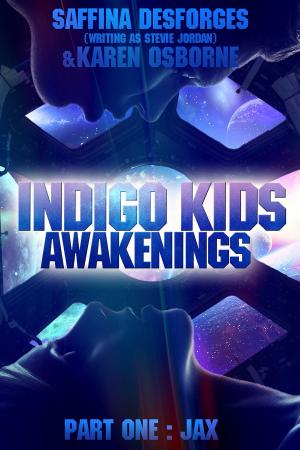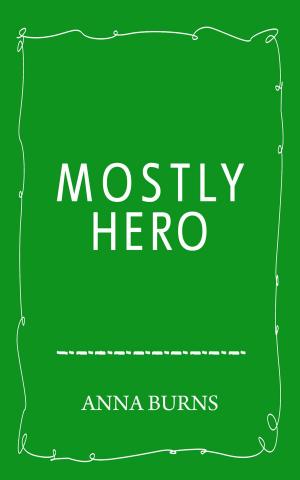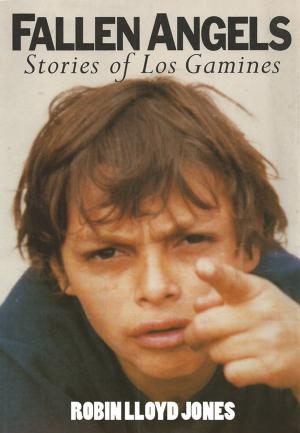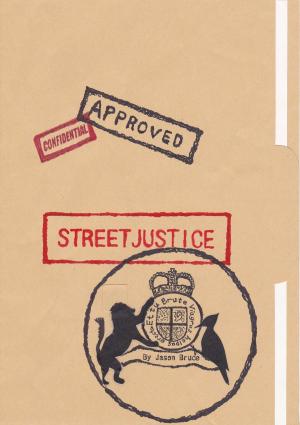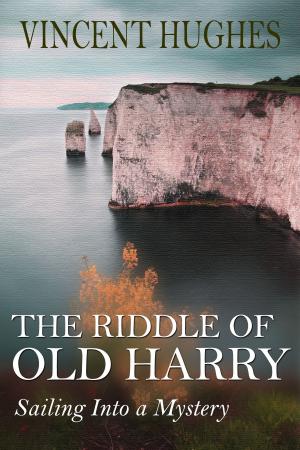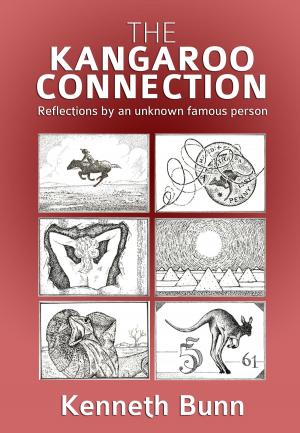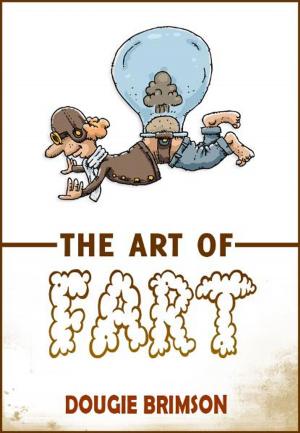Thomas
A Memoir
Nonfiction, Health & Well Being, Medical, Patient Care, Home Care, Biography & Memoir, Reference| Author: | Terry Falconer | ISBN: | 9781783012060 |
| Publisher: | eBookPartnership.com | Publication: | September 9, 2013 |
| Imprint: | eBookPartnership.com | Language: | English |
| Author: | Terry Falconer |
| ISBN: | 9781783012060 |
| Publisher: | eBookPartnership.com |
| Publication: | September 9, 2013 |
| Imprint: | eBookPartnership.com |
| Language: | English |
'Thomas died at 2.30 a.m. on the 16th March 2004. He was eighteen.
How do I know that? Strictly speaking, I don't. I don't know what death is.'
This was the last challenge. But Thomas, disabled, paralysed and epileptic, faced challenge after challenge with a childlike innocence and love of happiness. Joke or tragedy, how did he see his life? How can we understand someone who seems so different to ourselves?
This memoir by his father, which follows his life in all its stages up to his death, covers a range of themes from toys to discrimination, from education to care in the family, but shows in trying to understand disability we need to understand ourselves more. If we are to be truly human we need to let go of our assumptions about life and look beyond the wheelchair and the intravenous drip and see the world as Thomas may have done. It is not just the facts but the experience that this books offers, uncosy, direct and intense. It focuses on the world of a small boy full of humour and songs and through him raises issues about life and death, justice, the nature of personality, culture and language.
This may be Thomas' story but it reaches out to other disabled people and their lives and their families, and to those who have no experience at all of disability. No one, as Donne wrote in his sermon, is an island, unto himself; Thomas is the bell that rings true for all of us. He is that overlooked and bypassed reality that once seen and grasped changes our view of the world. He died in March 2004 but here he lives: Breathe, Thomas, breathe.
How do I know that? Strictly speaking, I don't. I don't know what death is.'
This was the last challenge. But Thomas, disabled, paralysed and epileptic, faced challenge after challenge with a childlike innocence and love of happiness. Joke or tragedy, how did he see his life? How can we understand someone who seems so different to ourselves?
This memoir by his father, which follows his life in all its stages up to his death, covers a range of themes from toys to discrimination, from education to care in the family, but shows in trying to understand disability we need to understand ourselves more. If we are to be truly human we need to let go of our assumptions about life and look beyond the wheelchair and the intravenous drip and see the world as Thomas may have done. It is not just the facts but the experience that this books offers, uncosy, direct and intense. It focuses on the world of a small boy full of humour and songs and through him raises issues about life and death, justice, the nature of personality, culture and language.
This may be Thomas' story but it reaches out to other disabled people and their lives and their families, and to those who have no experience at all of disability. No one, as Donne wrote in his sermon, is an island, unto himself; Thomas is the bell that rings true for all of us. He is that overlooked and bypassed reality that once seen and grasped changes our view of the world. He died in March 2004 but here he lives: Breathe, Thomas, breathe.
'Thomas died at 2.30 a.m. on the 16th March 2004. He was eighteen.
How do I know that? Strictly speaking, I don't. I don't know what death is.'
This was the last challenge. But Thomas, disabled, paralysed and epileptic, faced challenge after challenge with a childlike innocence and love of happiness. Joke or tragedy, how did he see his life? How can we understand someone who seems so different to ourselves?
This memoir by his father, which follows his life in all its stages up to his death, covers a range of themes from toys to discrimination, from education to care in the family, but shows in trying to understand disability we need to understand ourselves more. If we are to be truly human we need to let go of our assumptions about life and look beyond the wheelchair and the intravenous drip and see the world as Thomas may have done. It is not just the facts but the experience that this books offers, uncosy, direct and intense. It focuses on the world of a small boy full of humour and songs and through him raises issues about life and death, justice, the nature of personality, culture and language.
This may be Thomas' story but it reaches out to other disabled people and their lives and their families, and to those who have no experience at all of disability. No one, as Donne wrote in his sermon, is an island, unto himself; Thomas is the bell that rings true for all of us. He is that overlooked and bypassed reality that once seen and grasped changes our view of the world. He died in March 2004 but here he lives: Breathe, Thomas, breathe.
How do I know that? Strictly speaking, I don't. I don't know what death is.'
This was the last challenge. But Thomas, disabled, paralysed and epileptic, faced challenge after challenge with a childlike innocence and love of happiness. Joke or tragedy, how did he see his life? How can we understand someone who seems so different to ourselves?
This memoir by his father, which follows his life in all its stages up to his death, covers a range of themes from toys to discrimination, from education to care in the family, but shows in trying to understand disability we need to understand ourselves more. If we are to be truly human we need to let go of our assumptions about life and look beyond the wheelchair and the intravenous drip and see the world as Thomas may have done. It is not just the facts but the experience that this books offers, uncosy, direct and intense. It focuses on the world of a small boy full of humour and songs and through him raises issues about life and death, justice, the nature of personality, culture and language.
This may be Thomas' story but it reaches out to other disabled people and their lives and their families, and to those who have no experience at all of disability. No one, as Donne wrote in his sermon, is an island, unto himself; Thomas is the bell that rings true for all of us. He is that overlooked and bypassed reality that once seen and grasped changes our view of the world. He died in March 2004 but here he lives: Breathe, Thomas, breathe.

